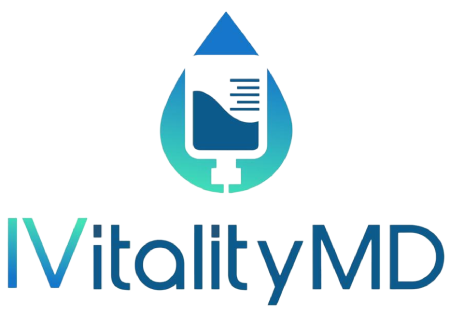
High blood pressure (hypertension) significantly impacts kidney health and can lead to chronic kidney disease (CKD). Effective management is crucial to prevent complications and maintain overall well-being.
What is High Blood Pressure?
High blood pressure is a condition where the force of blood against the artery walls is too high, potentially leading to serious health issues, including kidney damage.
How High Blood Pressure Works
High blood pressure damages blood vessels in the kidneys, reducing their ability to filter waste effectively. This damage can lead to CKD, characterized by the gradual loss of kidney function. Managing blood pressure through medications, lifestyle changes, and dietary adjustments is essential to prevent further kidney damage.
Benefits of Managing High Blood Pressure
- Protects kidney function
- Reduces risk of CKD
- Enhances overall health
- Prevents complications
Who Can Benefit from High Blood Pressure Management?
Individuals with hypertension or at risk for CKD, including those with diabetes, family history of kidney disease, or unhealthy lifestyles, can benefit significantly from managing their blood pressure.
Our Approach to High Blood Pressure
At IVitality MD, we provide personalized treatment plans combining medical interventions and lifestyle modifications. Our approach includes regular monitoring, dietary guidance, and integrative therapies to ensure comprehensive care.
